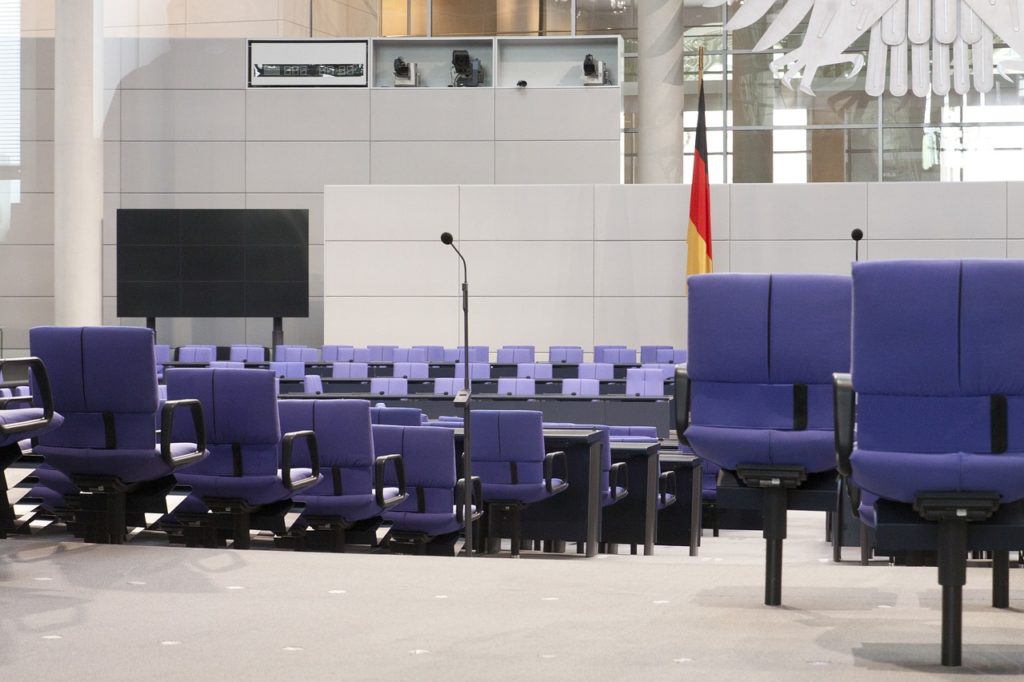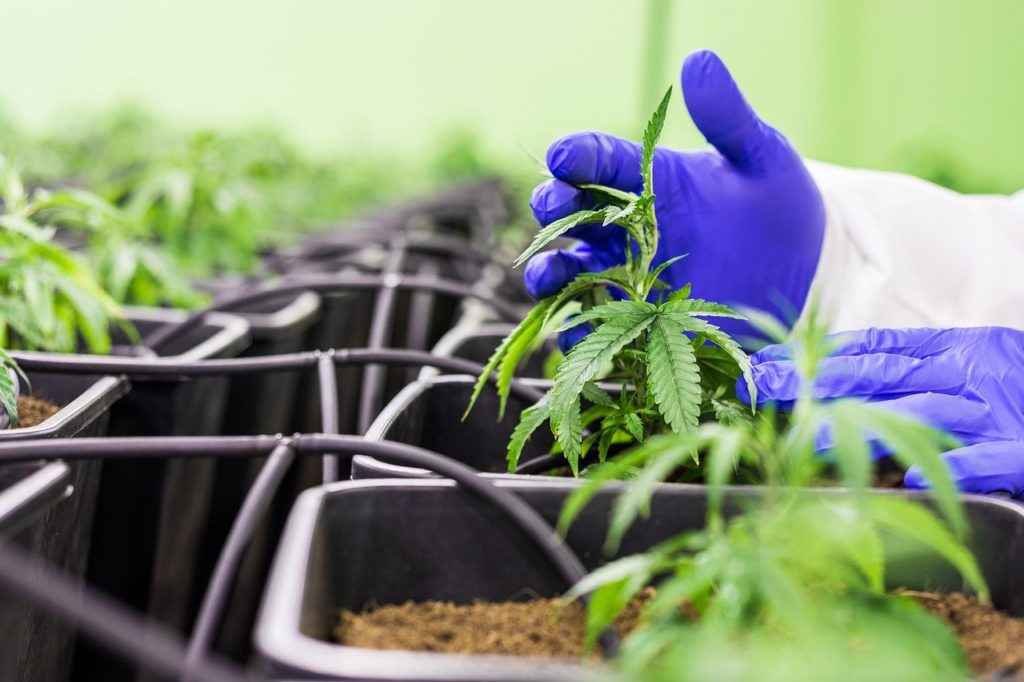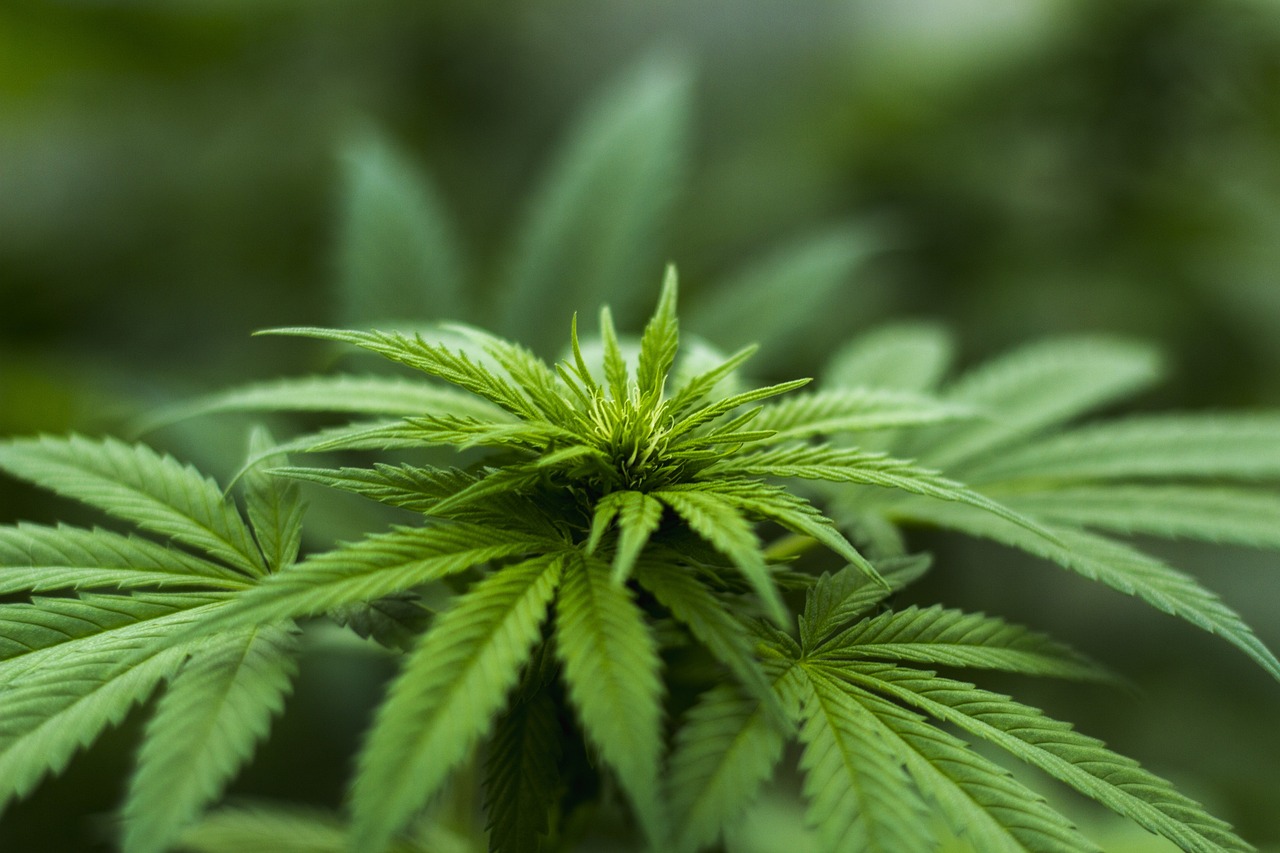This is how Germany plans the legalisation of Cannabis!
Here you will learn:
Last update: 17 February 2023
It’s crazy. According to the Federal Ministry of Health, there are around 74,000 alcohol-related deaths in Germany every year. Not a single one, however, due to the consumption of cannabis. Alcohol is legal and was even listed as a basic foodstuff in Bavaria. Cannabis is considered an illegal drug and falls under the Narcotics Act. While alcohol in higher doses can lead to loss of control, vomiting and even death, hemp in higher doses usually makes the user fall asleep. The point is clear. The release of cannabis as a stimulant is overdue. With the change of government in Germany, something finally seems to be moving in the right direction. But how far along are we? When can legalisation be expected? What details are known? Questions upon questions – so let’s not take too long and take a look at what is known so far.
Reading time: 10 minutes
Long story short: everything important in a quick run-through
- An exact date has not yet been set. Lobbyists expect the legalisation to take place in the fourth quarter of 2024 at the latest. Some experts see it happening much sooner.
- A key points paper with initial framework conditions has been drafted. It is currently being voted on in the ministries. The next step will be to draft a bill.
- At the end of March 2023, a draft law should be available in Germany.
- The most important information for consumers from the key point paper: hemp will no longer be classified as a narcotic. The possession of up to 20 grams as well as the cultivation of up to two plants per person will be allowed.
- The amendment to the law violates current EU law. A veto can still be lodged and the process delayed.
For a long time, German politicians have spoken out against the legalisation of cannabis for consumption purposes. With the change of government, there is now progress in the (actually) uncontroversial debate for the first time. The coalition agreement of the new SPD, Green and FDP coalition government provides for the introduction of “controlled distribution of cannabis to adults for consumption purposes in licensed shops”. Sounds great for now!
Connect with other growers on Telegram!

Lauterbach sums it up: “Cannabis use in moderation, well secured, in quality and without acquisitive crime is something that has to be accepted and is part of a modern society”. Chapeau Mr Lauterbach, well said! But now we also want to know how far the German government is with its plans. So let’s take a look at what is known about it so far.
“‘Bubatz’ consumption should become legal and safer”.
The preparations for legalisation are in full swing, according to the ‘Ampelregierung’. Karl Lauterbach, for example, writes on Twitter: “‘Bubatz consumption’ should become legal and safer, but not increase”. Chancellor Olaf Scholz also confirms that the change in the legal handling of cannabis is in full swing. But we all know that big, sluggish thing that no one is as proud of as the Germans – bureaucracy.
Legislation is a lengthy process and the mere fact that it is being discussed for release does not yet give us hope that we will soon be able to smoke our joint without punishment. But now a key points paper is available, which still has to be approved by the ministries before a draft law is to be presented at the end of March. In this key point paper, the first framework conditions for the future law are already foreseeable.
Key issues paper provides first insight
The announced ‘change of era’ with the arrival of the ‘Ampelregierung’ brings with it some promises. Now, a key point paper has been drafted that gives first indications of how the German government wants to regulate legalisation. However, this is not yet a firm decision. The key points paper will now go to the ministries for approval. If it is approved, the next step will be the draft law. We can probably expect this towards the end of March 2023.
But let’s take a look at how the government wants to regulate the release of cannabis in Germany. What framework conditions are created by the draft key points paper and are there any stumbling blocks that could stand in the way of the new law? In the following, we want to clarify the most important questions.

At what age are users allowed to purchase cannabis and how is the substance itself regulated?
First things first: Cannabis will no longer be classified as a narcotic. Possession, consumption and even cultivation will therefore become legal – but more on that later. From the age of 18, it will be possible to purchase it in licensed shops. People under 18 who are caught with the stimulant will also go unpunished. However, the cannabis will be confiscated. In addition, the youth welfare offices can in this case oblige the person concerned to attend a prevention course.
The THC content is also to be regulated. Thus, there is an upper limit of a maximum of 15% THC in cannabis products. For young people between 18 and 21, this may even be only 10%. According to the key points paper, this is intended to reduce the risk of cannabis-related brain damage.
Where can customers purchase the products?
The key points paper provides that customers can buy their legal cannabis in licensed shops. The sellers must be able to prove knowledge about the substance and the risks involved. In order to push back the black market also in rural areas, where the density of licensed shops is not so high, dispensing in pharmacies is also being discussed. This emerges from the words of the Federal Minister of Justice Marco Buschmann.
Acquisition via the online route is not yet specifically addressed in the key issues paper, but is conceivable according to Health Minister Lauterbach. Lauterbach says: “On the other hand, the displacement of the black market would probably be stronger if cannabis could also be purchased online, which is becoming more and more convenient and important. However, in the course of legalisation, the trade is likely to concentrate on offline trade first, before online trade possibly follows suit.
However, there are already first critical voices on the issue of dispensing in shops. The professional association of secondary school teachers, for example, demands a protection zone of five kilometres around schools and day-care centres. So the last word has not yet been spoken.
Where do the shops get their cannabis from?
This immediately raises the next question. Where do the shops actually get their cannabis flowers from? The experts of the key points paper come to the following conclusion: “According to a preliminary assessment, international trade is not possible on the basis of or in accordance with international framework conditions. According to this preliminary assessment, national demand would have to be met from German production”. In concrete terms, this means that imports are not permitted and demand must be covered by cultivation in Germany. Good news, then, for all hobby gardeners who might find their next dream job in legalisation. In any case, you can find the right accessories here.
How is possession and cultivation regulated?
While we are on the subject of legal acquisition, we have to move on to the permitted possession quantity. The key points paper provides for a legal possession quantity of 20 grams of cannabis flowers.
Cultivation is also mentioned. The cultivation of two plants per person within one’s own four walls is to be permitted. However, this must be done within a framework that is not accessible to children and adolescents. It is questionable, however, how this will be controlled. For the best care of your plants, we recommend you to take a look at the guys from CANNA.
How much should cannabis cost in the future?
One idea behind legalisation is to suppress the black market. But that doesn’t work if the flowers are significantly more expensive than on the street. So how did the government envisage the pricing of the flowers?
First of all, cannabis products are subject to sales tax. So they have to be taxed when they are sold. In addition, a cannabis tax is to be introduced. According to Lauterbach, a “taxation according to THC content is appropriate”. This sounds like a clear price mark-up on the products. However, the key point paper stipulates that the end consumer price should be based on the black market price. That would be about ten euros per gram.
These are the most important questions that the key issues paper answers for us. As I said, it will now go to the ministries for approval. In the next step, the draft law should follow towards the end of March 2023. Then the way will finally be clear for the amendment of the law. Four years after the law comes into force, the social effects will be reviewed and evaluated.

Summary of the key issues paper
1) Impunity: Cannabis and the active substance tetrahydrocannabinol (THC) should no longer be legally classified as narcotics. 2) The purchase and possession of a maximum of 20 grams of "pleasure cannabis" for personal consumption should be exempt from punishment. 3) THC content: A maximum THC content of 15% is planned. For young people between the ages of 18 and 21, this limit is to be a maximum of 10%. 3) Private cultivation: This will be allowed to a limited extent - two female flowering plants per adult. These must be protected from access by children and adolescents. 4) Sale: This is to be made possible in "licensed specialist shops" - access only from 18 - and possibly pharmacies. 5) Advertising: prohibited for cannabis products. 6) Mail-order trade: should not be allowed for the time being. Trade without a licence remains punishable. Online trade is conceivable, however. 7) Taxes: In addition to VAT on sales, a separate "cannabis tax" is planned, based on the THC content. The aim is a retail price "which is close to the black market price". 8) Consumption: Cannabis products for smoking and inhalation or for ingestion in the form of capsules, sprays or drops are to be permitted for sale. So-called edibles will not be allowed for the time being. 8) Education, prevention, counselling and treatment services are to be expanded. Data on the social effects of the release of cannabis should be collected and analysed. After four years, the regulations are to be evaluated and, if necessary, adjusted, especially with regard to health, child and youth protection as well as road safety.
When will cannabis become legal in Germany?
That’s all well and good. But when will hemp finally become legal in Germany? Are there already initial prospects or fixed dates?
One thing first: unfortunately, an exact date has not yet been set. Christian Lindner (FDP) has held out the prospect of September 2023. The Federal Drug Commissioner Burkhard Blienert considers a legalisation of cannabis in Germany before 2024 very unlikely. Some experts from the scene agree and consider the beginning of 2024 a realistic time frame in which such a law could come. The most pessimistic assessment comes from lobbyists from the cannabis scene. They do not expect a corresponding law to come into force before the fourth quarter of 2024.
So there are many different assessments, but it is clear that a corresponding law is to be passed in the current legislative period of the traffic light government. However, it is encouraging that the pressure within the governing coalition is growing and that there is a push for an early adoption of the new law.
Pressure from the governing coalition
Pressure is growing within the ‘Ampelregierung’. The FDP, for example, is pushing for an early implementation of the coalition promises. The health policy spokesman of the FDP parliamentary group, Andrew Ullmann, says: “As the coalition of the future, we have formulated the controlled release of cannabis for consumption purposes as a goal in our coalition agreement. We want a corresponding bill as soon as possible.”
Paula Piechotta, a member of parliament for ‘Die Grünen’, also told RND that a decision by the budget committee would put further pressure on the government to push for legalisation as soon as possible. Thus, one million euros will be blocked for the public relations work of the Ministry of Health until the Cannabis Control Act is in place. So the budget politicians of the Ministry of Health are turning off the money tap to further increase the pressure.
Despite all the pressure and efforts, however, an exact timetable is still unclear, as politically very explosive issues have recently come onto the agenda of the ‘Ampel’-coalition. For example, with Corona and the war in Ukraine, there are or were “two acute crisis situations that have political priority”, as the Federal Drug Commissioner Burkhard Blienert notes.
Criticism from the opposition
Of course there is criticism from the opposition. Otherwise it wouldn’t be an opposition. Now that the CDU/CSU is in opposition, it is hardly surprising that they have a lot to criticise about legalisation. But let’s listen to what they have to say. Bavarian Health Minister Klaus Holetschek (CSU) on the plans of the traffic light coalition: “I am watching the development of the cannabis debate with great concern. The Chancellor and the Federal Minister of Health do not seem to take the dangers associated with this drug seriously”. There they are again, the ‘dangers’. But at the same time see beer as a Bavarian cultural asset and trivialise alcohol consumption. Sorry Holetschek, we can’t get much out of this statement.

Yet another barrier? EU could veto
Finally, a small fly in the ointment: current EU law could put some major stumbling blocks in the way of the planned legalisation in Germany. According to the EU Framework Decision of 2004, “each Member State must criminalise, inter alia, the production, offer, sale, supply, import and export of drugs. This also applies to the cultivation, acquisition and possession of cannabis. However, the exact impact on legislation in Germany is still unclear.
For instance, the EU could still veto the bill. However, the Federal Government wants to convince the EU that the amendment of the law and strict regulation of the cannabis market would better take into account the concerns of the EU treaties on health and youth protection. So it remains exciting.
Cunclusion
So we can see – things are moving forward. Despite the cornerstone paper, or perhaps because of it, there are still many disagreements. But the fact that such a paper is now in the ministry vote should please the supporters of Green medicine. The fact that pressure on the governing coalition is also growing within the ‘Ampelregierung’ also gives hope for progress on legalisation in Germany in the near future. It is time that cannabis is finally seen for what it is. Germany has already taken the first steps in this direction. Now, as is so often the case, it is up to politics and the sluggish bureaucracy to push this goal further. For a greener future!







